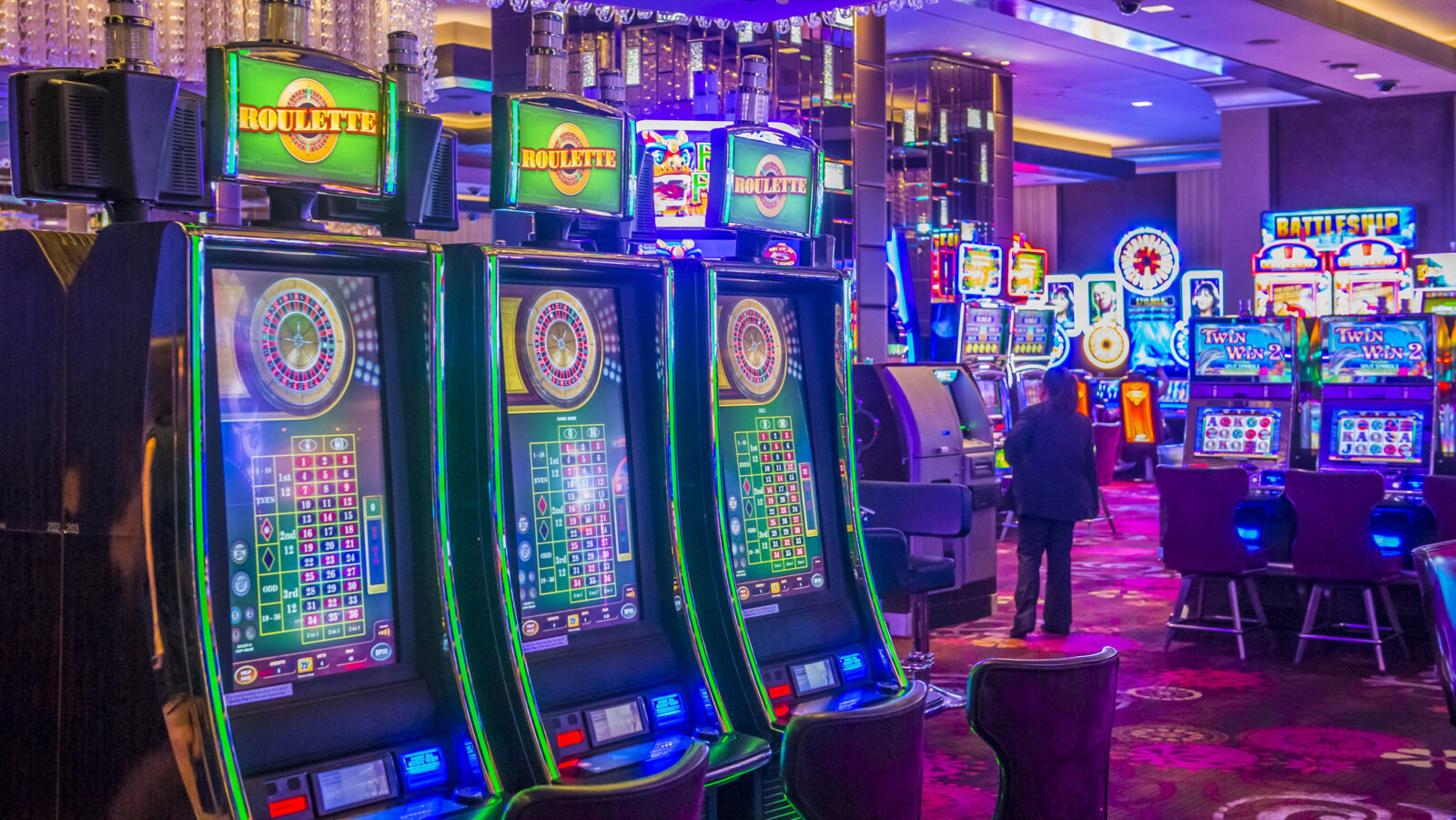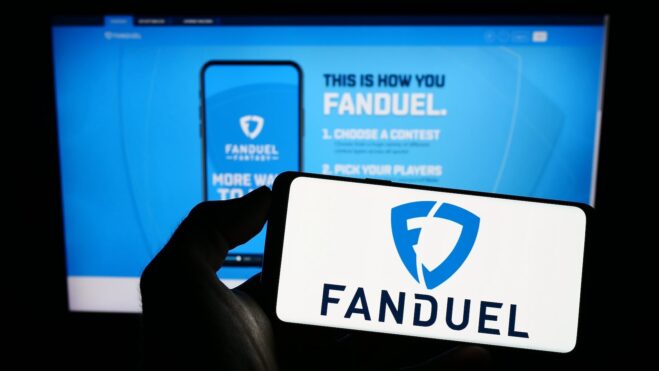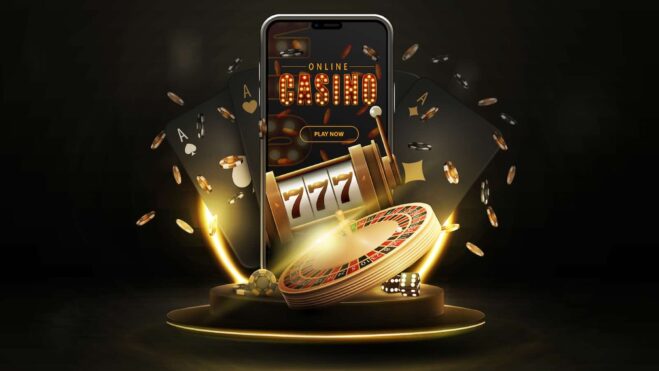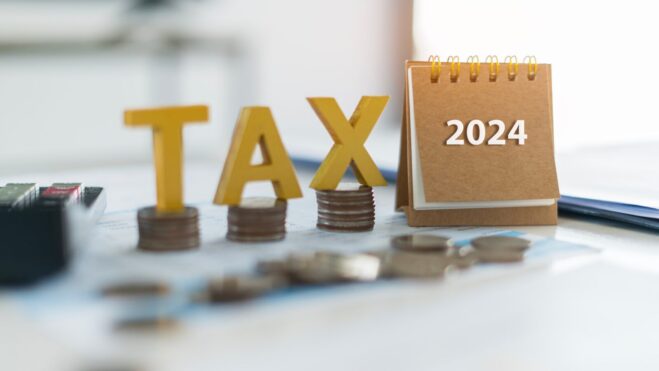Expert: Social Sweeps Definitely Contributing To Problem Gambling In Younger Generations
‘The brain isn’t going to say, Well this is inherently safer because it’s not real money’
4 min

Sweepstakes gaming is the buzziest of buzz topics in today’s U.S. gambling industry.
State regulators have sent certain operators cease-and-desist letters. Opportunistic lawyers are filing class-action lawsuits alleging financial damage from apps held out as free to play. California tribal interests have put the operators in their crosshairs, and have begun to plan a multi-pronged offensive. And a cohort of the sweeps operators has formed an advocacy coalition to fight for its interests.
But there’s one topic tied to sweepstakes casinos that hasn’t dominated the headlines as much.
And it’s a topic one national problem gambling expert calls “the million dollar question.”
Are social casinos with sweepstakes promotions fueling the increasing trend of gambling problems among the younger generations?
The brain doesn’t care it’s not ‘real money’
In an interview with Casino Reports, Brianne Doura-Schawohl, a prominent responsible gambling advocate and consultant based in Washington, D.C., said the exposure to casino-style games, even when using virtual currently or money that isn’t “real,” may still potentially sow seeds for gambling issues.
“When we talk about sweepstakes, in essence, the only thing that has changed about the product is the currency,” Doura-Schawohl told Casino Reports. “The brain isn’t going to say, ‘Well this is inherently safer because it’s not real money.’ And actually we know that the younger an individual is exposed to and engages with gambling or gaming products that emulate gambling, the greater the chances and more predisposed that individual is to developing a problem later in life.”
Chumba Casino, LuckyLand Slots, Pulsz Casino, Global Poker, and Fliff Sportsbook are among the more well-known sweepstakes platforms. These types of platforms use two forms of digital currency — one (most often called Gold Coins) that can only be used for gameplay, and another (most often called Sweeps Coins) that can be redeemed for real cash prizes.
This Sweeps Coin gameplay and redemption is the root of contention in the industry.
NJ town hall highlights growing trend
This month, the Council on Compulsive Gambling of New Jersey held a town hall on the topic of gaming as a gateway to gambling.
Felicia Grondin, the council’s executive director, said that currently more than half of the calls to 800-GAMBLER in New Jersey are from those 34 and younger.
Most of those calls — especially from callers 25 or younger — come from men, Grondin said, adding that she believes sports betting (stemming from their sports fandom) is a prime cause for these issues among young men.
“Although we’re neutral on gambling, I do believe that sportsbooks are definitely contributing to an increase in individuals to develop a gambling problem,” she said, according to NJ1015.com.
‘Microtransactions’ the same in gaming and gambling
There’s plenty of research that extends beyond New Jersey, too — research that shows video gaming habits in younger generations often correlate with gambling habits.
A 2022 study published in Addictive Behaviors Reports found the root of both internet gaming addiction and gambling addiction stems from the same type of “microtransactions” behavior.
A 2019 study on nearly 4,000 Canadians found that 24.1% of the “problem video gamers” in the group were also problem gamblers.
And a 2018 study in the Journal of Gambling Studies found that, from a sample size of 4,601 adolescents, habits of problem video gaming “predicted problem gambling 2 years later.”
‘Just because it’s fake money doesn’t make it better’
Like Grondin, Doura-Schawohl views the sports betting landscape as a major reason young men are the most at-risk demographic for developing gambling problems. She alluded to the free-to-play DFS products many young men use, and the cross-promotion for the apps’ real-money sportsbooks that bombards these players on a regular basis.
But Doura-Schawohl also highlighted how iGaming products carry a significant amount of weight when it comes to feeding problem gambling.
And she struggles to find much of a real difference between an iGaming app in one of the handful of states permitting regulated online gambling, and “sweepstakes casino” apps, which are available to anyone 18 and older in most states.
“When we talk about sweepstakes, in essence, the only thing that has changed about the product is the currency,” she said, “with the currency being not actual money at the store, but it can be [redeemed for real cash]. The risk and ability to become addicted to these products is still very real.
“Just because it’s fake money doesn’t make it better.”
Real-money operators are involved in free play, too
Several prominent regulated gambling operators have free-to-play sites.
BetRivers, for example, offers both a real-money online casino — BetRivers Casino — and a social gaming platform — BetRivers.net.
Caesars offers a selection of what it calls “free” online slots, poker, and bingo games with “virtual coin purchases” and winnings connected to the Caesars Rewards program. Here’s what part of the description says in the Google Play Store for Caesars Slots, one of these “free” options from Caesars:
“Caesars Slots is intended for those 21 and older for amusement purposes only and does not offer ‘real money’ gambling, or an opportunity to win real money or real prizes based on game play. Playing or success in this game does not imply future success at ‘real money’ gambling.”
PokerStars offers a free version of its site. It also has an app called PokerStars Play, which features poker and slots games that don’t require any real money.
Doura-Schawohl said it’s very much intentional that these operators offer both “paid” and “free” games.
“There’s a real vested interest that these companies offer a suite of products,” she said. “First and foremost, it’s a way to continue to reinforce brand recognition in the market, taking advantage of all the opportunities that they have.
“And the reality is … there is something about getting the younger customers more familiar with the products — how they work, do they like them, what they’re interested in — in order to acquire them as paying customers when they reach the legal age or the other suite of things that they offer.”
‘Political pressure will mount’
Doura-Schawohl believes these operators will start to receive pushback over their “free” offerings, especially if the industry continues its pushback against the unregulated sweepstakes landscape.
“And while they’re the ones that are drawing attention to the vulnerabilities of things like sweepstakes and other types of gaming being offered within jurisdictions,” she said, “I do think that the political pressure will mount that they have to really question, A) the value, and B) the risks of offering social free games themselves in a quest to acquire customers and gain that market share they’re all after.”






